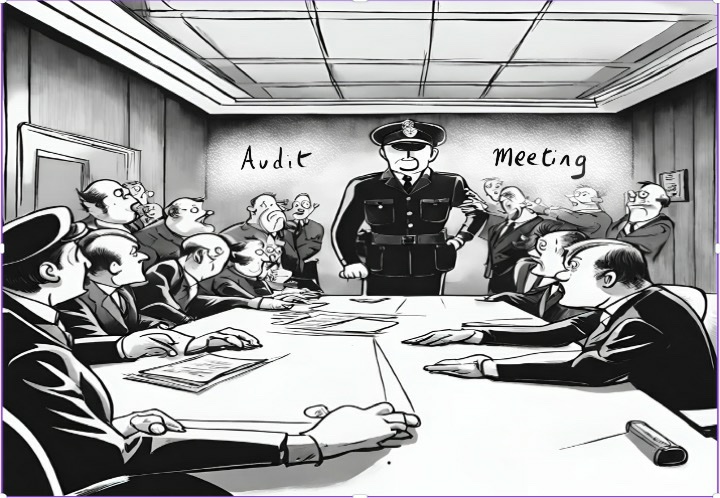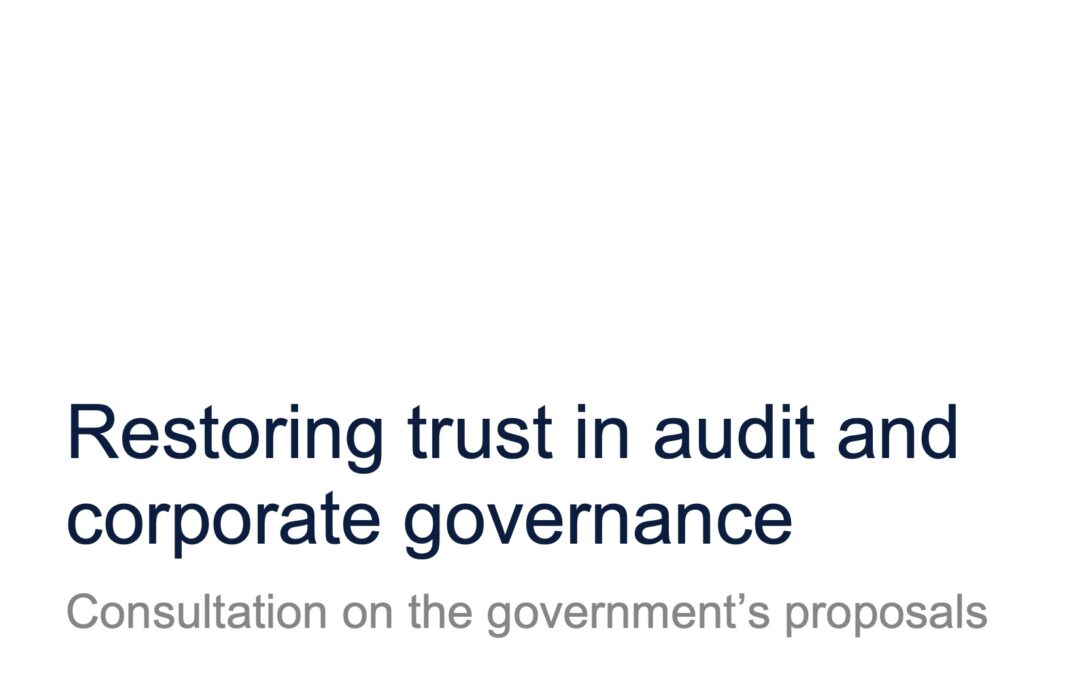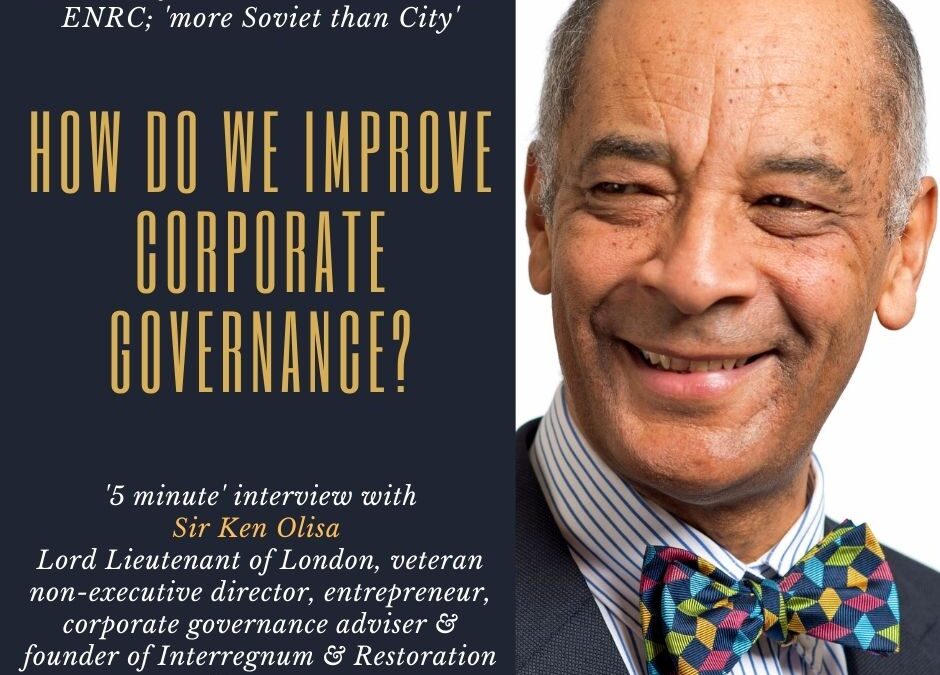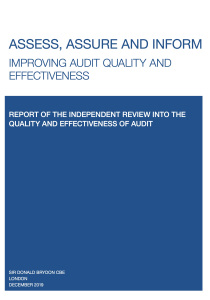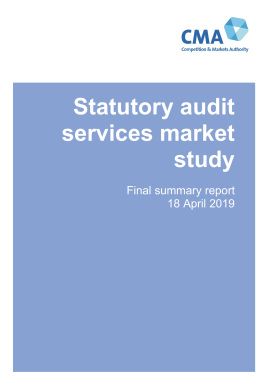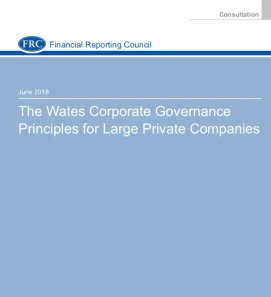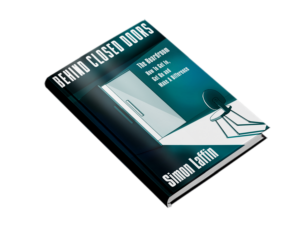Risk simply means that we are not sure about what will happen in the future. If you know everything about the future, you haven’t got any risk. However, if you are mortal like the rest of us you are constantly wrestling with what might, or might not happen, in the future. That’s risk. Then you think about what you might do to influence or respond to the future event. That’s risk management. Risk management isn’t about having a risk committee or...


